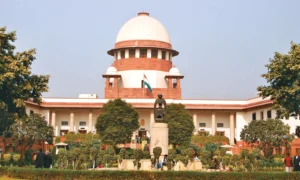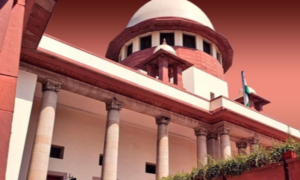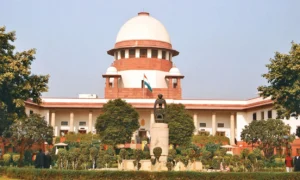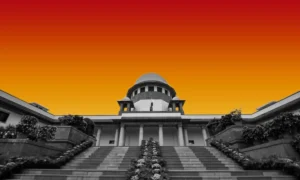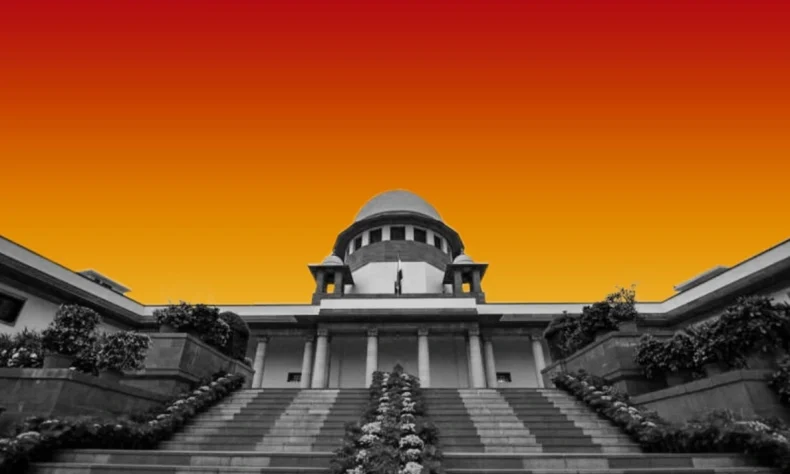
The Supreme Court on Thursday ruled that Chartered Accountants (CAs) having less than 25 years of professional experience were eligible for appointment as Technical Members in tribunals, including the Income Tax Appellate Tribunal (ITAT).
The Bench of Chief Justice of India BR Gavai and Justice K Vinod Chandran made these observations on a petition filed by the Institute of Chartered Accountants of India (ICAI), challenging the validity of provisions under the Tribunal Reforms Act, 2021 that imposed a higher professional threshold on CAs compared to other legal practitioners.
The Counsel appearing for the petitioner sought parity with advocates on the grounds that while the Apex Court had previously struck down the requirement that advocates must have attained the age of 50 years to be eligible for tribunal appointments, the parallel requirement that CAs complete 25 years of practice had remained unaddressed.
Delivering the verdict in Madras Bar Association v. Union of India (W.P. (C) 1018 of 2021), the Apex Court observed that the requirement for CAs to complete 25 years of practice for tribunal appointments was arbitrary and disproportionate under Article 14, and lacked any rational nexus to the statutory objective of ensuring domain competence in the tribunal system.
The provision effectively delayed the entry of qualified CAs into judicial service until nearly the same age, without a constitutionally defensible rationale, it noted, adding that experienced CAs were often well-equipped with sectoral expertise, adjudicatory capability, and professional maturity far earlier than the 25-year mark.
It further said that confining eligibility only to practitioners with 25 years of experience would unduly constrict the candidate pool and hinder the infusion of mid-career professionals, thereby weakening the institutional capacity of tribunals.
The Apex Court declared the condition unconstitutional to the extent that it imposed a rigid and exclusionary professional barrier.
It further directed the Union government to take the Apex Court judgments into account while framing any future regulatory framework governing qualification criteria for technical appointments to tribunals.
The verdict aligned with the consistent jurisprudence of the top court of the country on tribunal independence and appointments, including the NCLT/NCLAT, Rojer Mathew, and earlier Madras Bar Association rulings, in which the Court has repeatedly emphasised that service and qualification standards for tribunal members must meet constitutional guarantees of equality, institutional fairness, and functional efficiency.
It also reiterated the Court’s earlier stand that legislative design of tribunals could not dilute judicial standards through arbitrary eligibility thresholds.
📰 Crime Today News is proudly sponsored by DRYFRUIT & CO – A Brand by eFabby Global LLC
Design & Developed by Yes Mom Hosting



